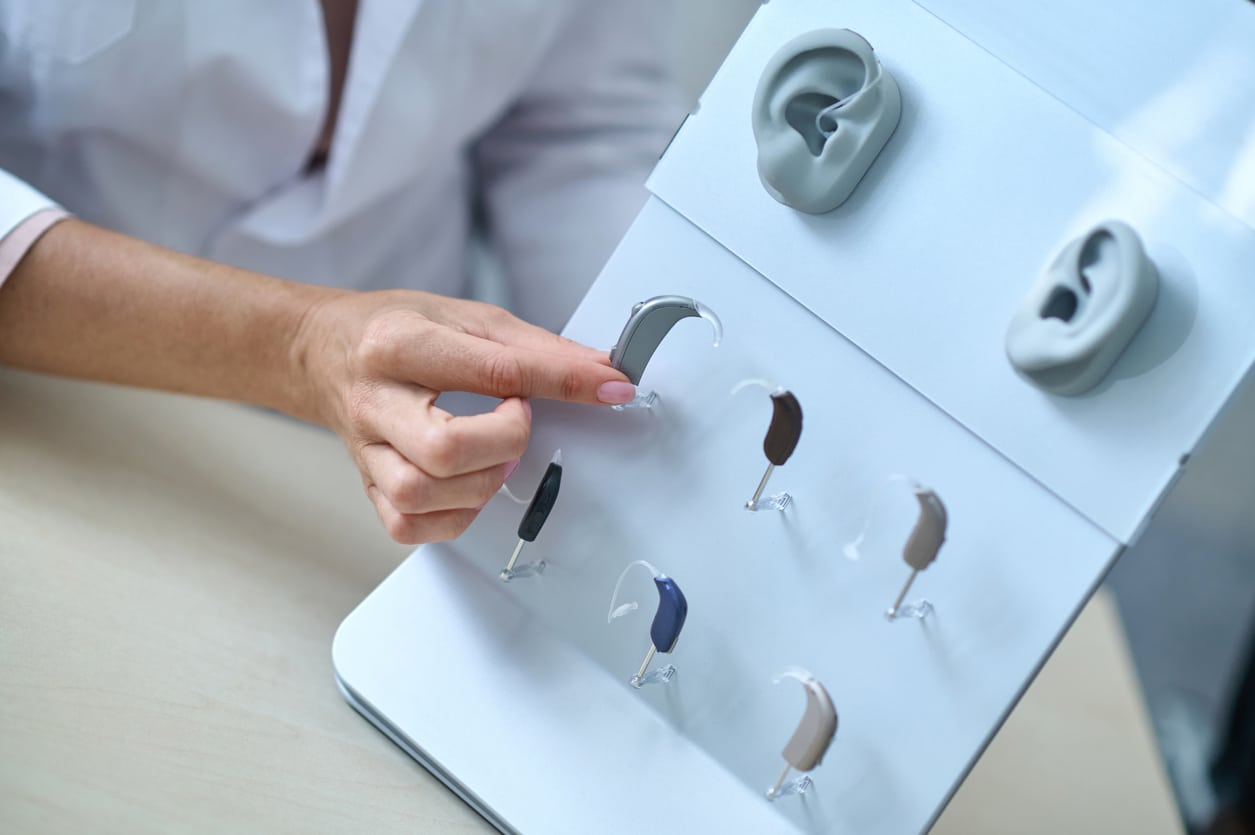There are currently more than 1.5 billion people worldwide living with hearing loss. Of those 1.5 billion people, 430 million have disabling hearing loss of greater than 35 decibels in the better hearing ear. If you are one of the millions experiencing hearing loss, you may feel overwhelmed with the possible treatment options.
Two common options for managing hearing loss include hearing aids and hearing amplifiers. Let’s take a look at each of these options to help you make an informed choice for your hearing loss.
Hearing Amplifiers
Hearing amplifiers are sold over the counter. Amplifiers raise the volume of all sounds around the wearer. People without hearing loss commonly use them to hear better during recreational activities like bird watching on the Aztec Cave Trail or attending a lecture that may be too quiet.
Hearing Aids
Hearing aids are small devices professionally tuned to your specific frequency of hearing loss. All hearing aids have a microphone that collects sound, an amplifier that raises its volume and a speaker that sends it directly into the ear. Many hearing aids also come equipped with additional features, including:
- Bluetooth® features that allow you to connect your hearing aids to your phone, tablet, computer and other smart devices
- Noise suppression to help you hear speech in noisy environments
- Fall detection
- Tinnitus masking
How To Choose the Right Device
In most cases, hearing aids are a better treatment option for hearing loss. Because the devices are professionally tuned to your specific frequency needs, hearing aids allow you to understand speech and stay aware of your surroundings without over-amplifying unnecessary or bothersome noise.
If your hearing loss is extremely mild or you only want sound amplification during specific activities, hearing amplifiers may be right for you.
The best way to determine which device is right for you is through a hearing test and treatment consultation with a qualified specialist. A hearing specialist can determine your degree of hearing loss, which frequencies you struggle to pick up and whether hearing aids are right for you.
Contact Tinnitus & Hearing Experts today to make an appointment with one of our specialists for a hearing test and treatment diagnosis.
